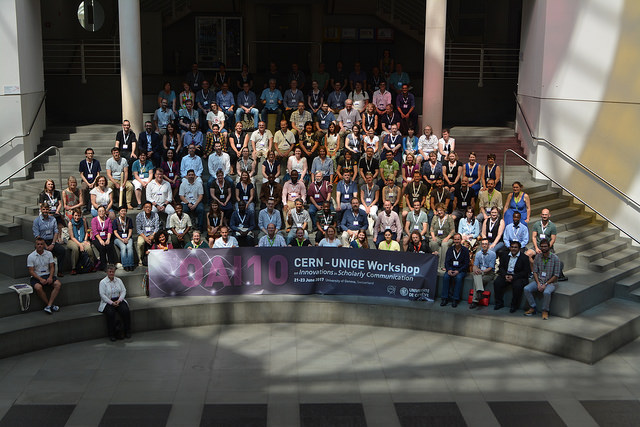
Open access to research publications is one of the key principles of the open science movement. It is often one of the last steps taken, but thankfully, it is also one of the easier steps for researchers to participate in due to investment in infrastructure and support from universities, publishers and research funders. When you publish your research there are three publishing routes you can follow:
Route 1: Publish in a traditional subscription journal and take responsibility for making the Author Accepted Manuscript (AAM) OA in an institutional or subject repository. (Also known as Green OA).
Route 2: Publish in a fully OA journal or platform. (Also known as Gold OA).
Route 3: Publish in a traditional subscription journal through a transformative agreement that is available to you via your organisation. (Also known as ‘Read & Publish’ deals).
The University of Edinburgh’s open access preference is Route 1 using our institutional repository (Pure) to ensure that you are compliant with the REF open access policy. If you have access to funding then you can take Route 2 as the costs should be covered by research funders. Route 3 is a relatively new option that Libraries are exploring to lower barriers to participate in open access publishing, and hopefully restrain and lower the total cost of publishing.
Moving towards a ‘Read & Publish’ model
The idea behind a transformative agreement is that it converts subscription expenditure into a publishing fund that makes all research output OA on publication, whilst maintaining access to any paywalled content. If enough libraries sign up this will shift the publishing business model away from selling subscriptions and paywalls to providing high quality open research.
Recently we have seen an explosion of ‘Read & Publish’ deals being offered by publishers, partly due to the Plan S initiative and also due to the activity of Jisc Collections – the UK organisation who has been taking a leading role in negotiating a transition to open access on behalf of UK libraries. In 2020 the University of Edinburgh had signed up to 3 transformative agreements, but in the space of one year this figure has leaped to 21, with an additional 2 pilot agreements being tested.
How to take advantage of a ‘Read & Publish’ deal
Each of the open access agreements are slightly different due to publishers demands, but generally speaking the process is simple:
- The corresponding author has to be affiliated with the University of Edinburgh, either as a staff member or student. Normally only original research or review articles are covered by the agreement.
- Check if the journal you are publishing in is part of a ‘Read & Publish’ deal. A handy searchable list is available here: https://www.ed.ac.uk/information-services/research-support/publish-research/open-access/read-and-publish-journals
- Upon submission, identify yourself as an eligible author, and then the request should automatically be passed to the Library for approval.
- Select an open licence – we recommend Creative Commons Attribution (CC BY) as this will ensure you are compliant with any relevant research funders open access policies.
You can contact the Scholarly Communications Team (openaccess@ed.ac.uk) for more information about publisher ‘Read & Publish’ deals available at Edinburgh, or you can visit these dedicated webpages: https://www.ed.ac.uk/information-services/research-support/publish-research/open-access/request-apc-payment/publisher-discounts



